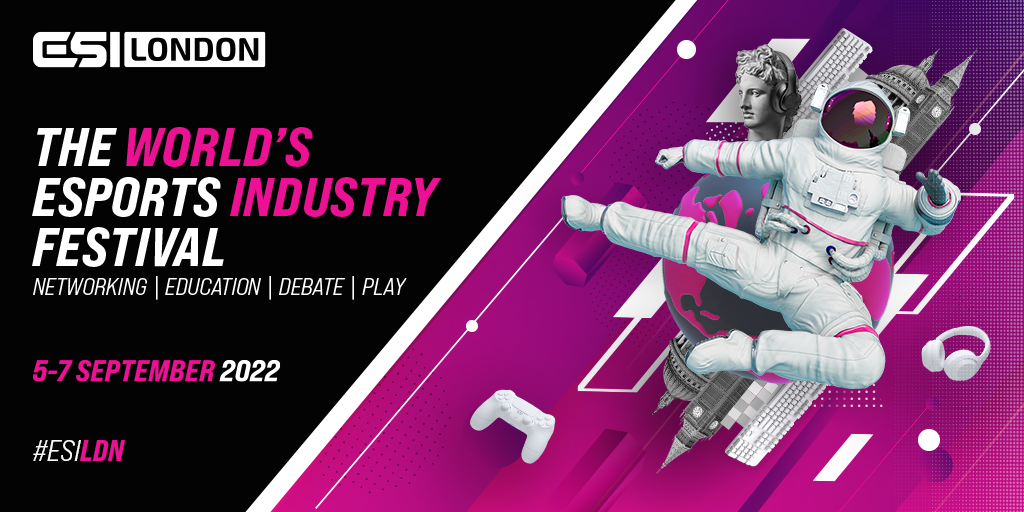
On August 10th, prominent Brazilian esports organisations LOUD, paiN Gaming, B4 Esports and Los Grandes announced the creation of their own league in the country, named W1N.
The new league, which quickly after its formation was joined by Fluxo, aims to develop and execute new tournaments and projects in the local scene.
Esports Insider spoke with W1N League founders Los Grandes and paiN Gaming, as well as its main sponsor, to gain an insight into this unique venture.
Rodrigo Terron, Co-owner of Los Grandes, spoke about what made the organisations join forces and found W1N. “[We] see it as an opportunity to gain more voice and a little more strength within the scenario that we compete and develop,” he said.
“Today we end up being a [sort of] hostage many times, of publishers, leagues and traditional events. We ended up being very participatory and not decision-makers. The W1N League was born to bring some of this protagonism and some of that power to organisations.”
Terron also highlighted the opportunities a self-owned league can bring to organisations: “Bring more brands, raise awareness and generate opportunities for all teams. In fact, the other organisations are here to generate opportunities within the game and, working together, we can be stronger.”
The W1N League officially commenced on August 12th with a R$150,000 (~£25,000) prize pool Free Fire emulation competition. This is an alternative Free Fire competitive scene in which teams play Garena’s mobile game on PC and features main organisations within the local scene.
The partner supporting the event — and its prize pool — is SNACKCLUB, a web3 and blockchain gaming company owned by LOUD founders Jean Ortega and Bruno ‘Playhard’ Bittencourt.
According to a statement by the company to Esports Insider, SNACKCLUB has joined as a sponsor of the W1N League “as it understands that being present in games and championships that are not native to Web3 is a great opportunity to further drive the community to understand the new age of the internet.”

Other partners involved in W1N League’s production are agencies Sundae and Druid, with both having responsibilities regarding the execution of the project. Bringing in new partners certainly seems like an important focus, with greater opportunities possibly planned, for the future.
Although it started on Free Fire emulation, the W1N League plans to expand to other esports: “The idea is that we have different tournaments in different modalities, also always having other organisations involved through invitation and through collaboration,” said Terron.
Thomas Hamence, CEO at paiN Gaming, reinforces the will to expand the league: “We are still at the very beginning and creating everything from an embryonic and pioneering idea in the scenario. It is important to say that we will certainly have more editions and that soon there will be a leap to other modalities and products.”
Led by some of the main esports organisations in Brazil, the W1N League has the potential of developing competitions that are more focused on teams’ necessities. So far, the league has shown to be open to inviting and including smaller teams to develop the scene. However, there is a need for these founders to constantly keep vigilant, whilst also learning from the mistakes made by past team-led initiatives, such as CS:GO series Flashpoint.

